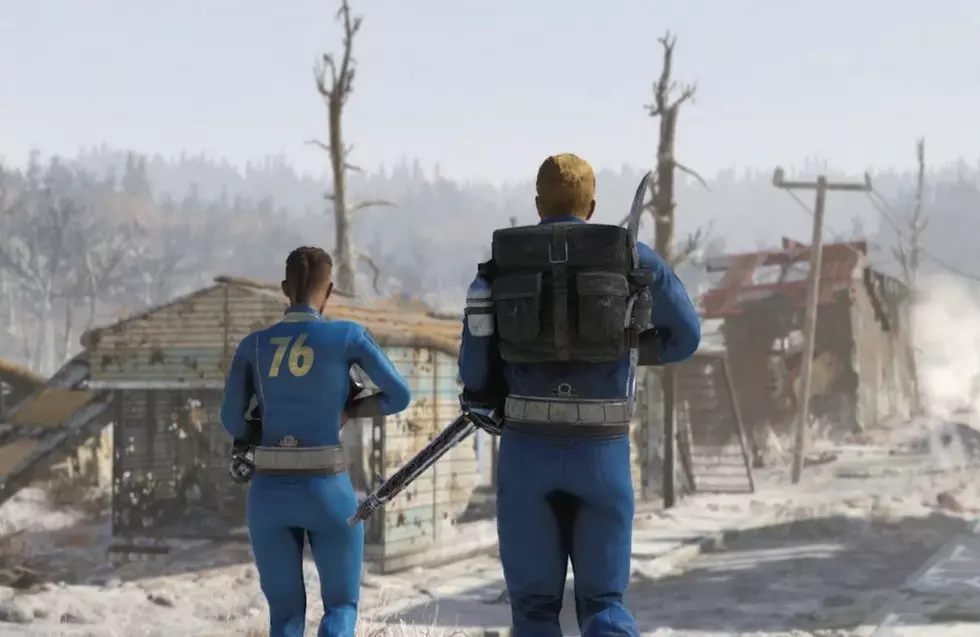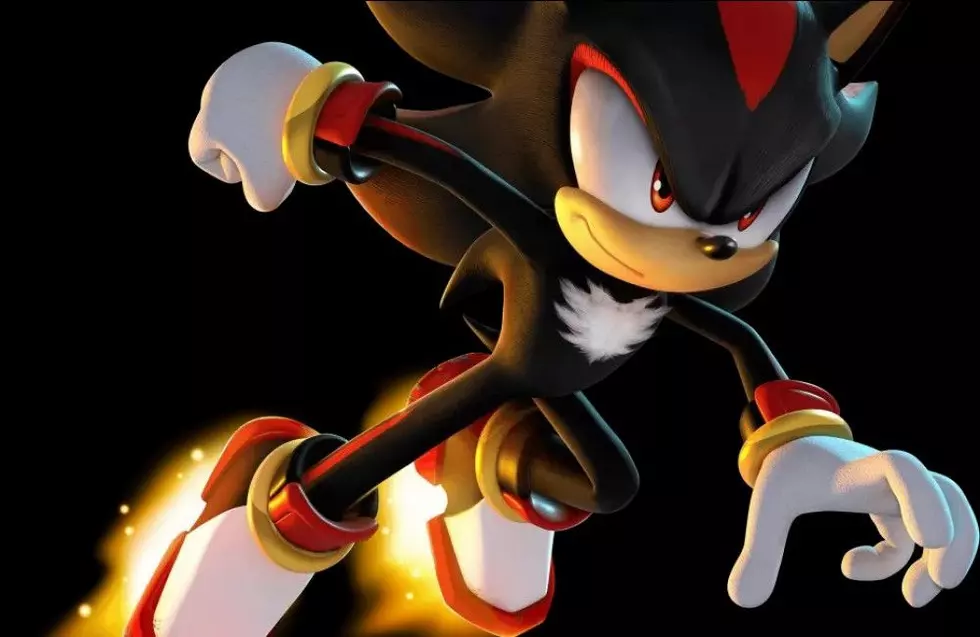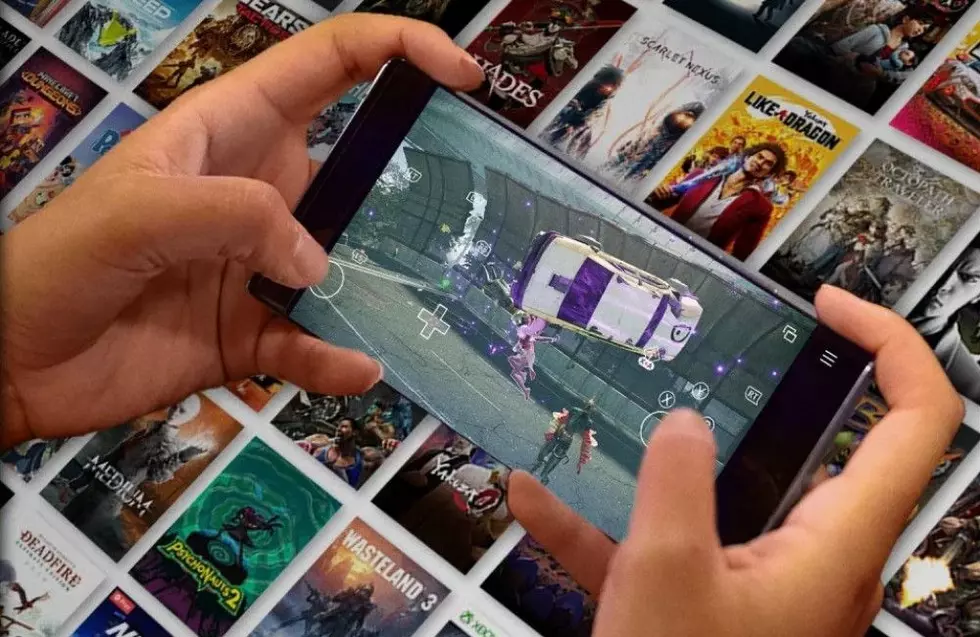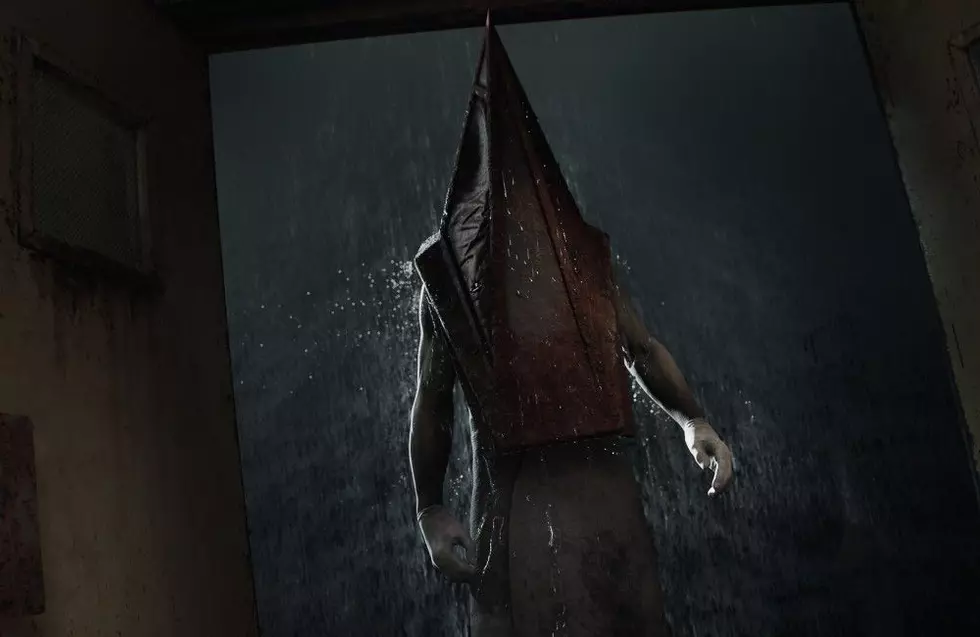
Video Game Voice Actors Considering to Go on Strike
Games planned to launch in 2016 and 2017 could be significantly delayed if the voice actors of the SAG-AFTRA end up going on strike.
The video game voice actors represented by the Screen Actors Guild‐American Federation of Television and Radio Artists have purposed a strike, as many voice over artists are hoping to earn a higher pay for their work. While some of you might be thinking "they're already being paid fairly well," the video game industry has made $8.5 billion in revenue throughout the United States during 2007, $11.7 billion in 2008, $25.1 billion in 2010 and the numbers continue to climb annually. While executive pay rates have certainly climbed, the amount given to voice and mocap actors has remained stagnant, which is why the SAG-AFTRA is considering to go on strike and re-negotiate their contracts. As you'd expect, some of the most famous faces (or should I say voices) in the industry are joining together to prove that #PerformanceMatters.
We’re asking for a reasonable performance bonus for every 2 million copies, or downloads sold, or 2 million unique subscribers to online-only games, with a cap at 8 million units/ subscribers. That shakes out, potentially, to FOUR bonus payments for the most successful games: 2 million, 4 million, 6 million and 8 million copies.
Union members also hoping to have better standards for voice acting and motion capture work. The group cited an instance of when an actor had to do a wire pull stunt at a video game developer studio without a trained stunt coordinator on set, resulting in the actor being hurt and out of work for a long time. Also, voice actors feel that if Activision's COO can take home a bonus of $3.9 million and EA's executive chairman got an extra $1.5 million for the year, they are worth getting some backend bonuses as well, but only if their projects prove to be successful.
The strike vote ends on Oct. 5. If the strike gets green lit, the SAG-AFTRA will forbid its voice actors from working on games until the union works out another deal with its employers (most major game companies). This will deal a major blow to the development of games coming in 2016 and 2017 if they don't settle quickly. If they don't settle right away, I wouldn't be surprised if video game companies try to hire inexperienced, non-professional voice actors and mocap actors that aren't represented by the union, which would ultimately affect the quality of voice work in future games to come.
Mass Effect and Metal Gear fans should recognize these two people who already voted yes on the strike:
Stay tuned as we'll provide up-to-date coverage on the SAG-AFTRA strike once more information is available.
100 Video Game Facts You May Not Know
More From Arcade Sushi









